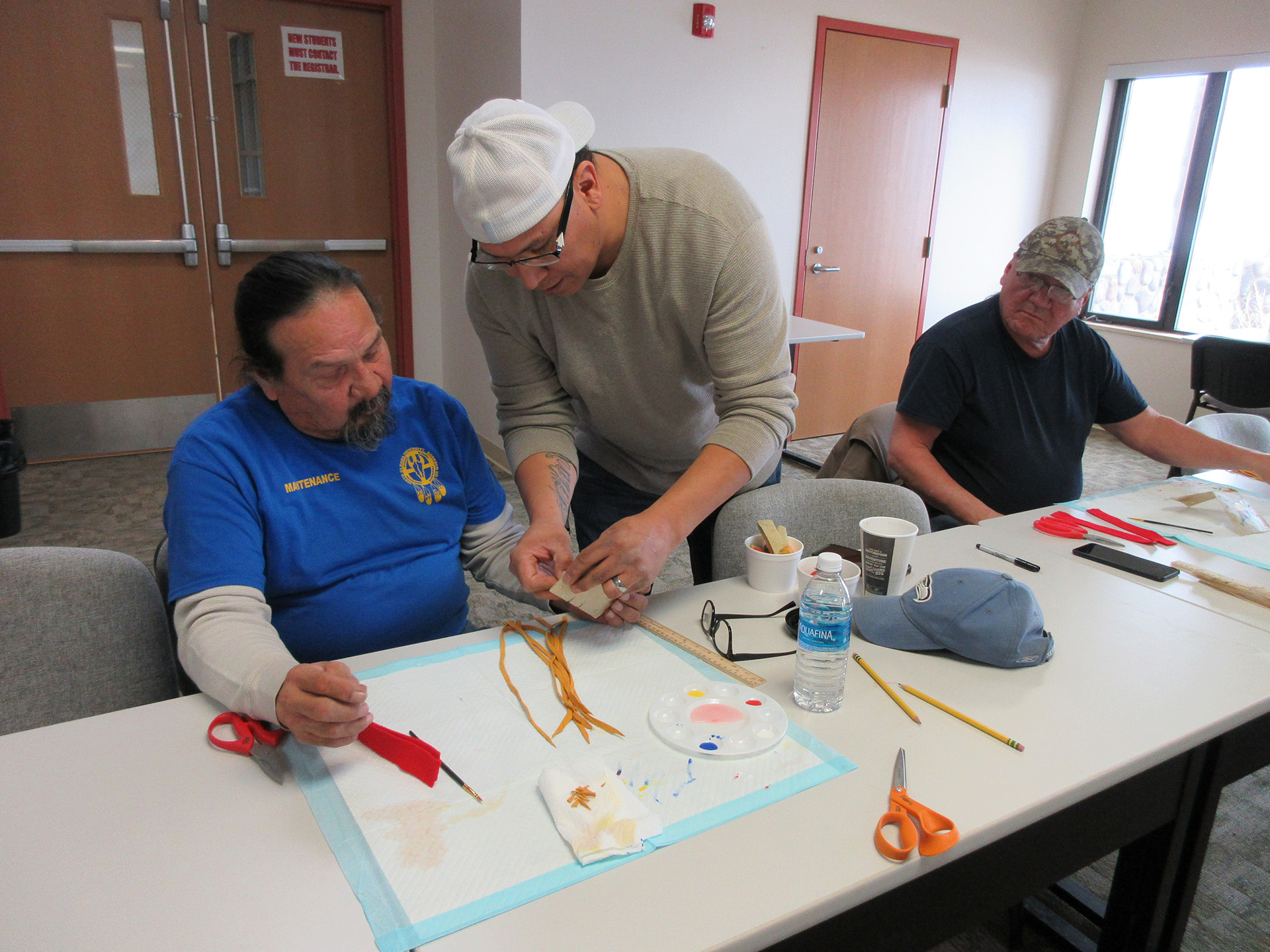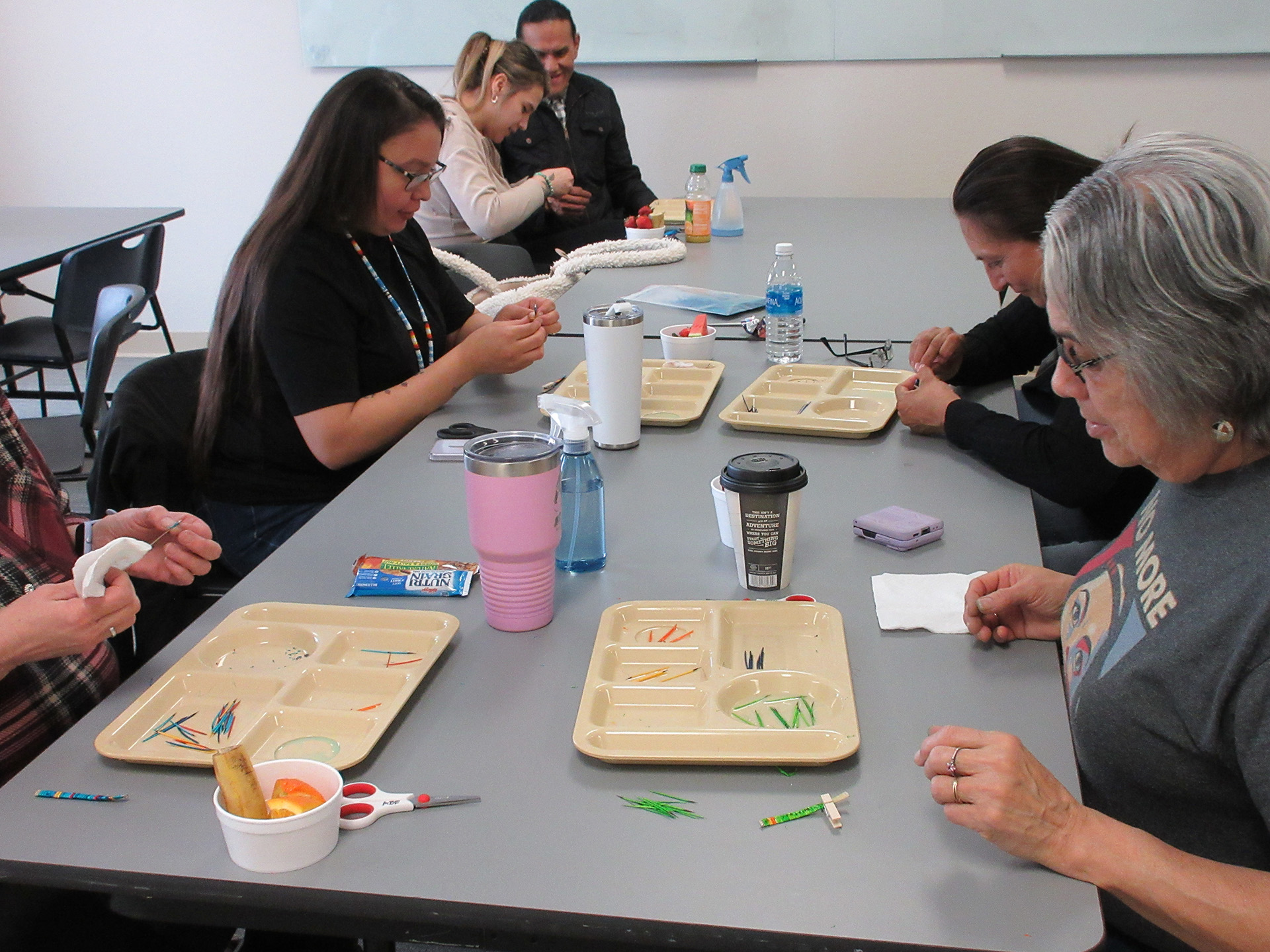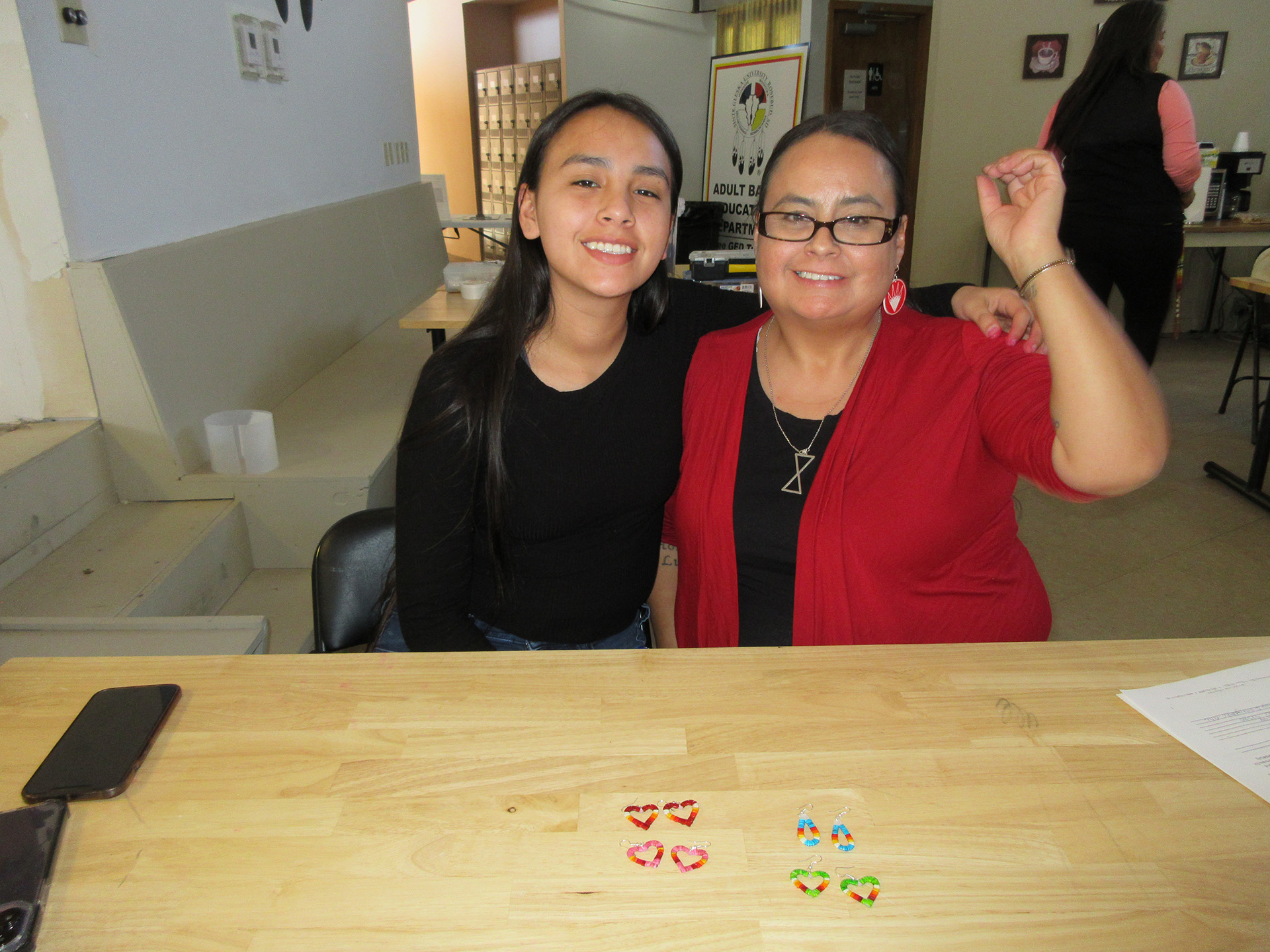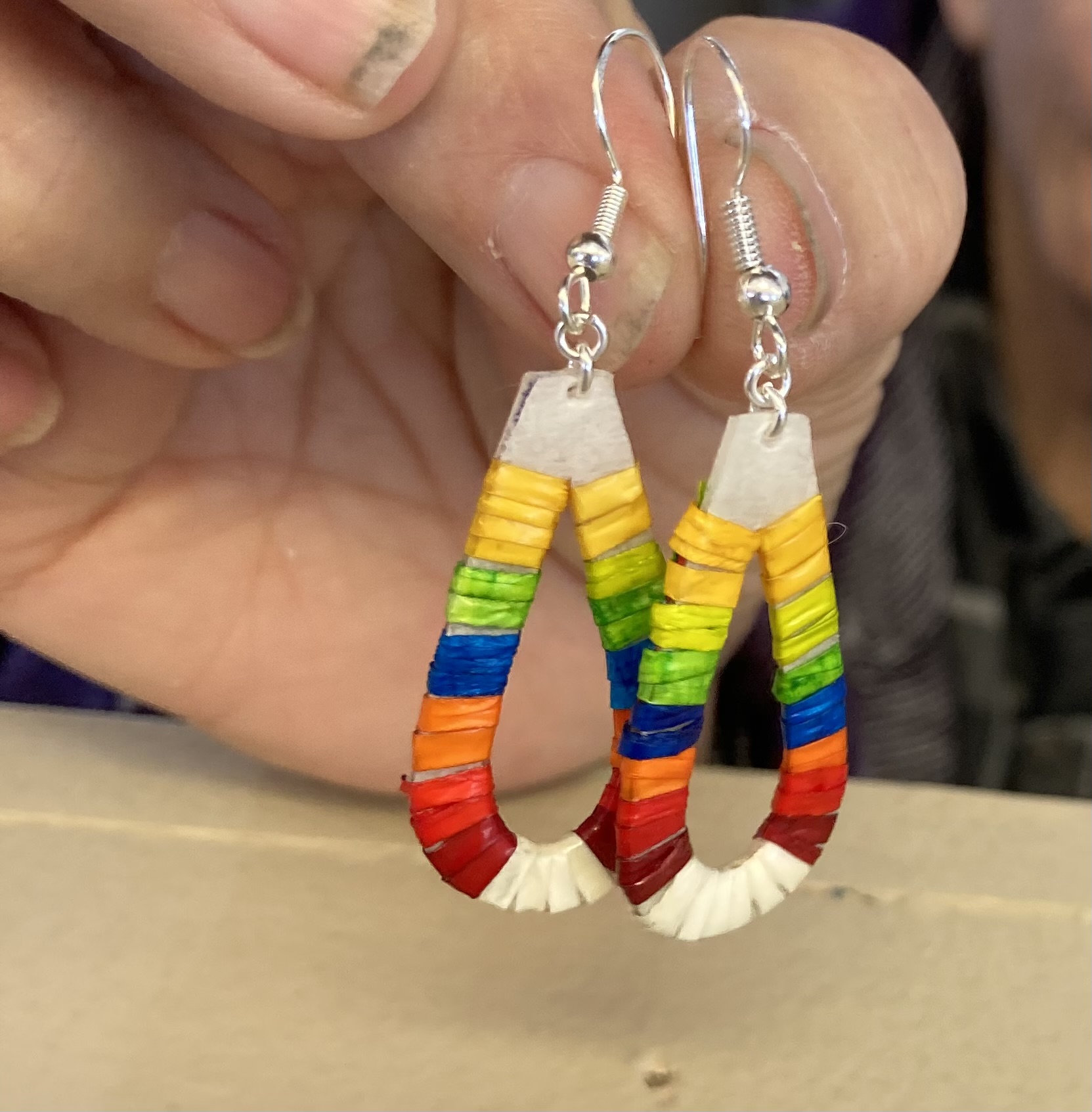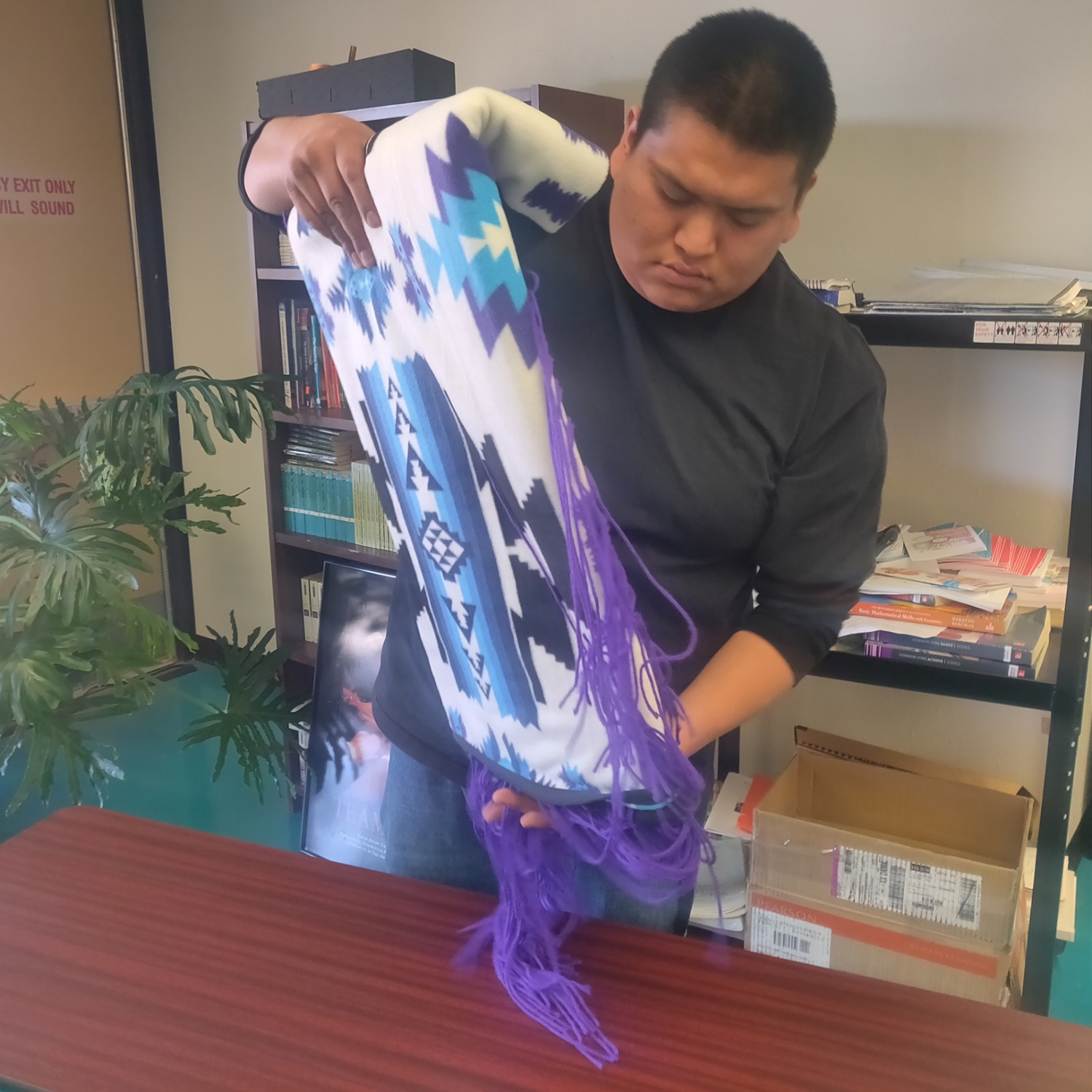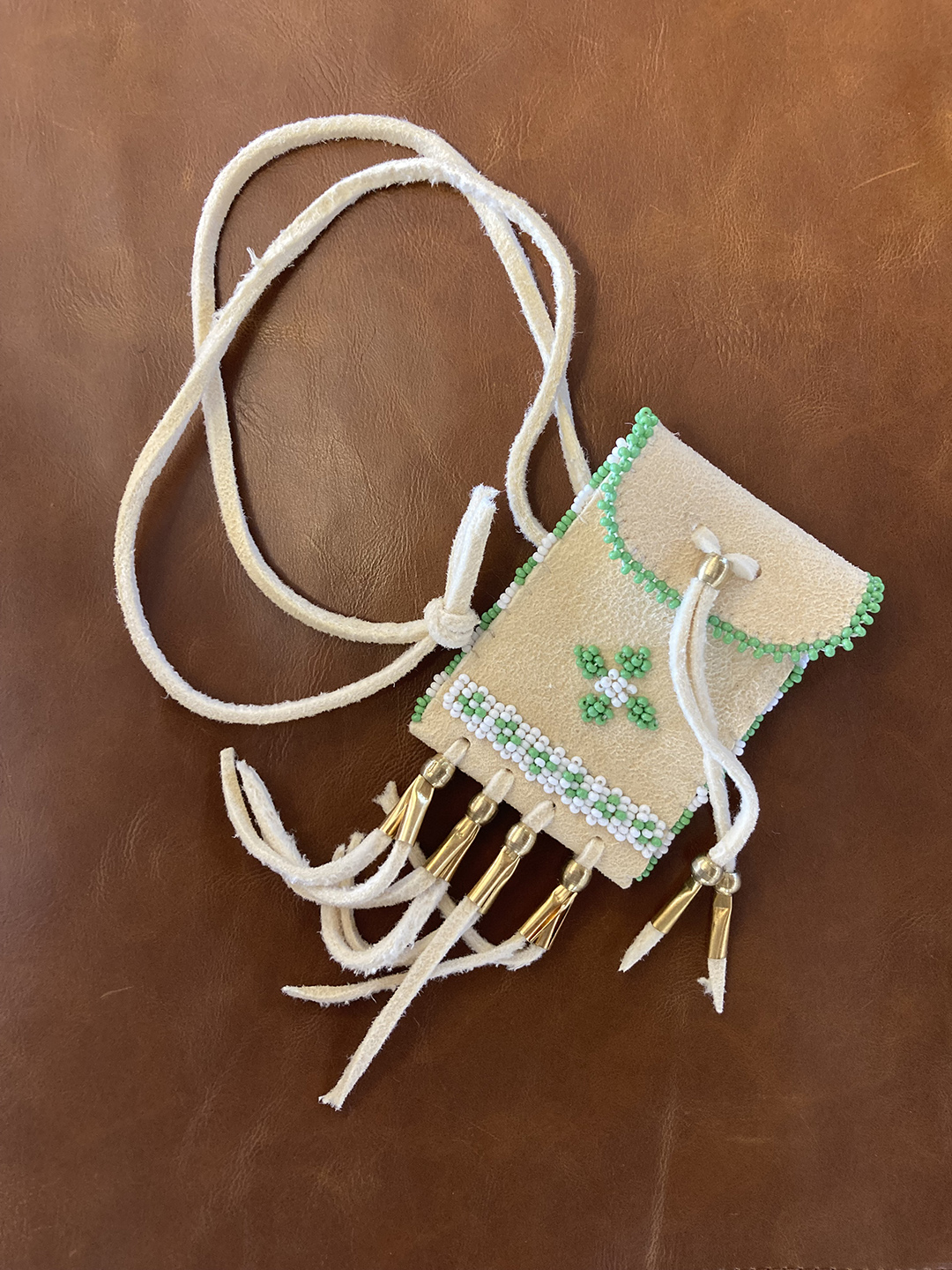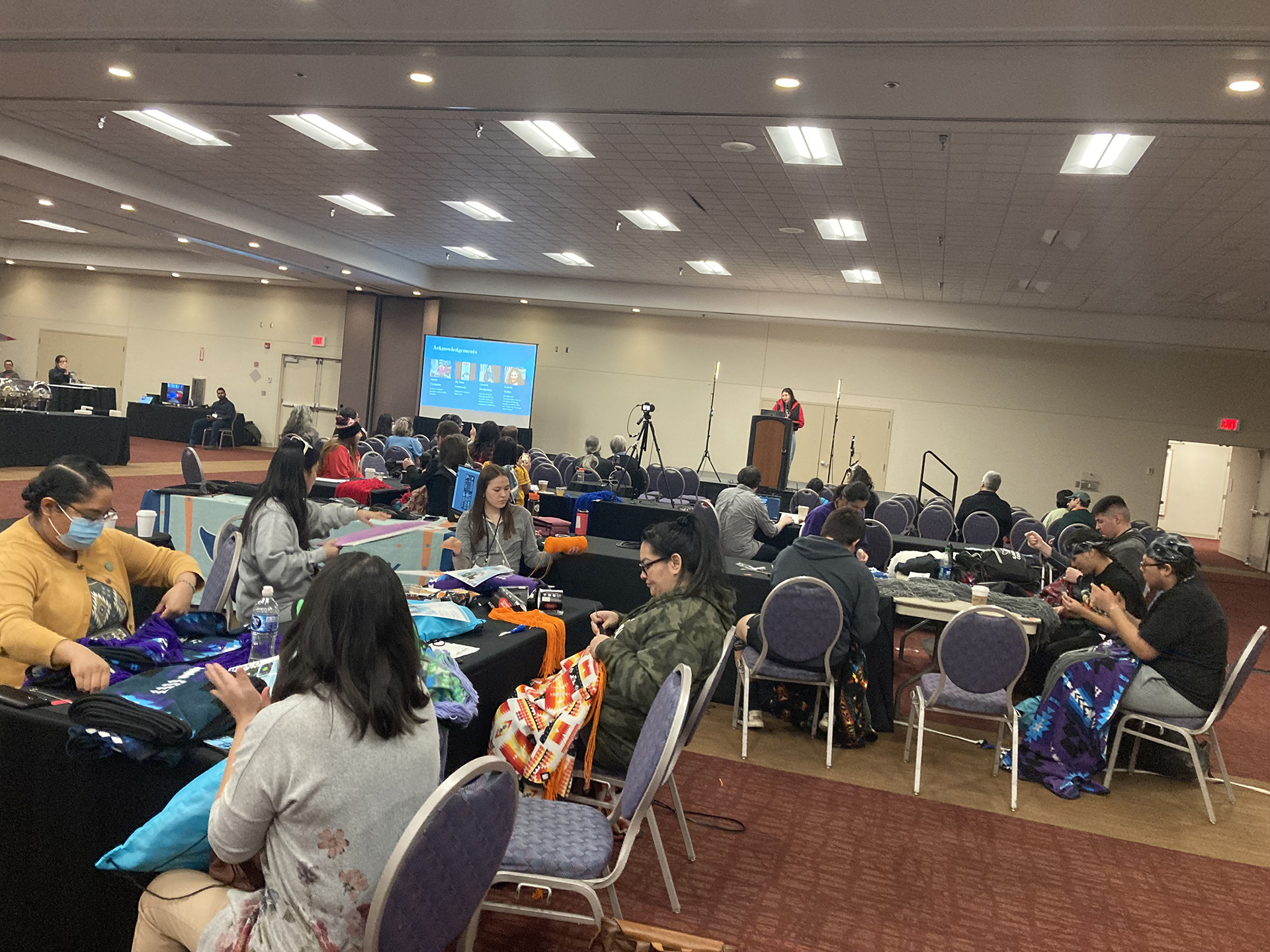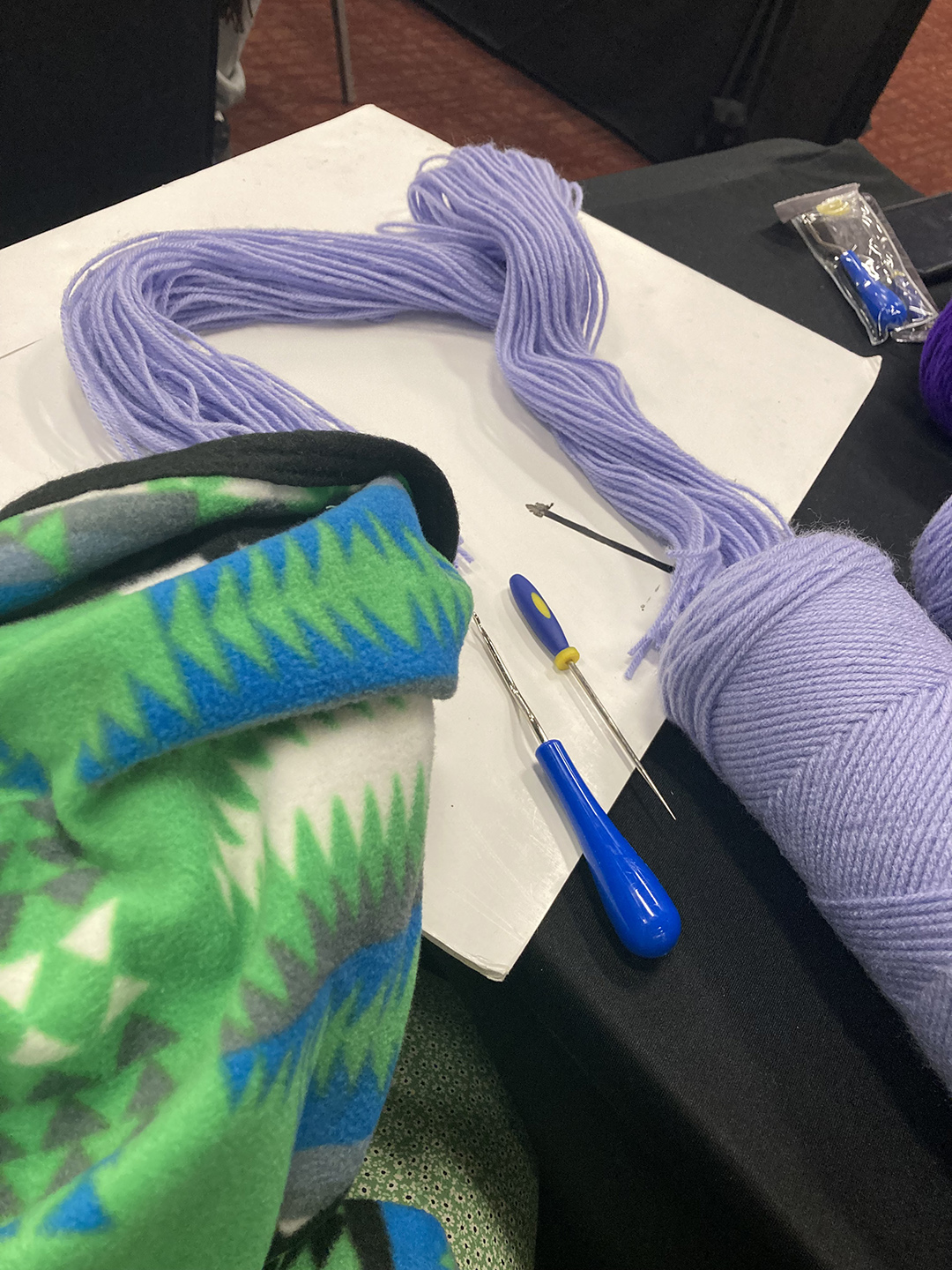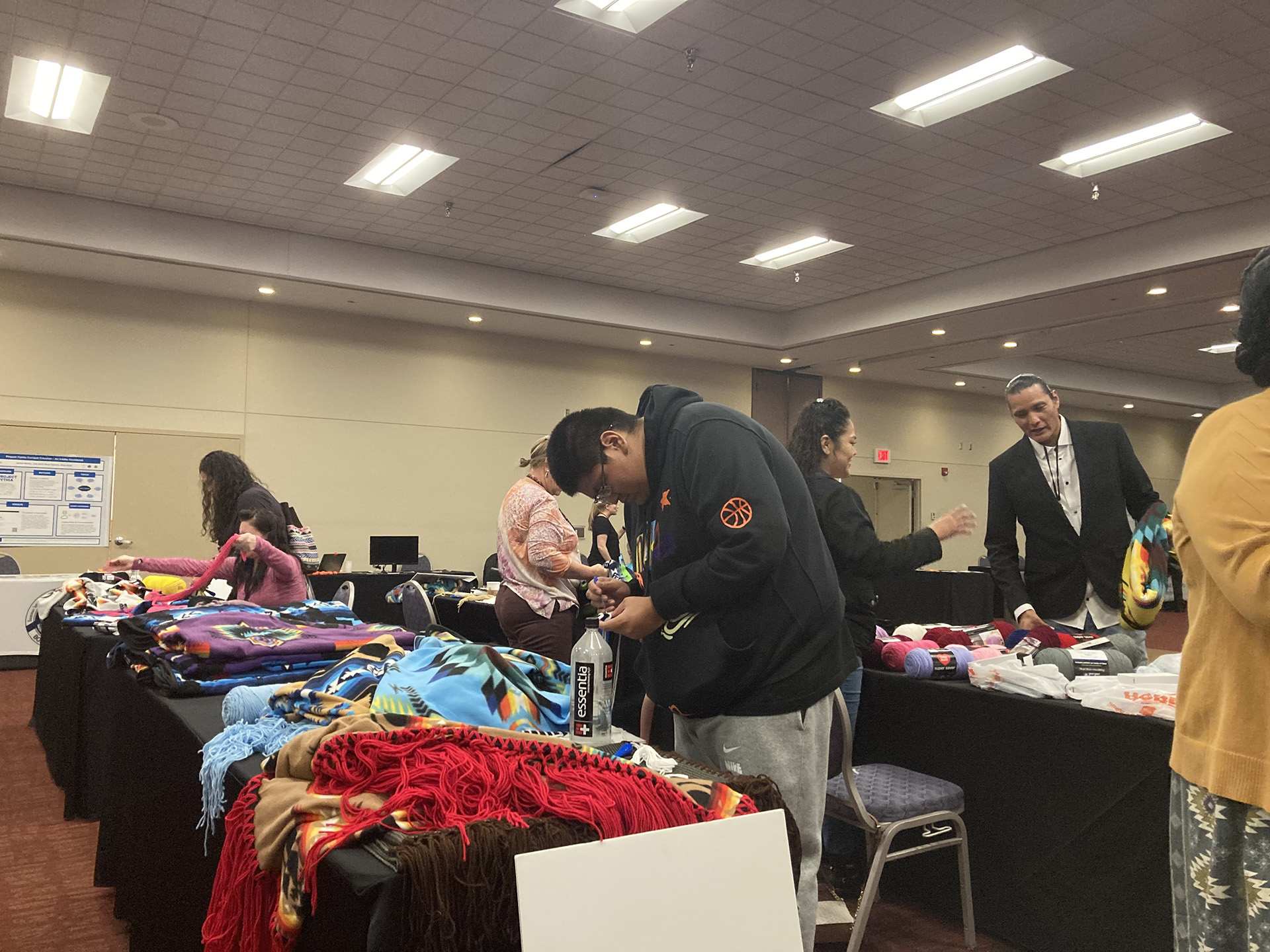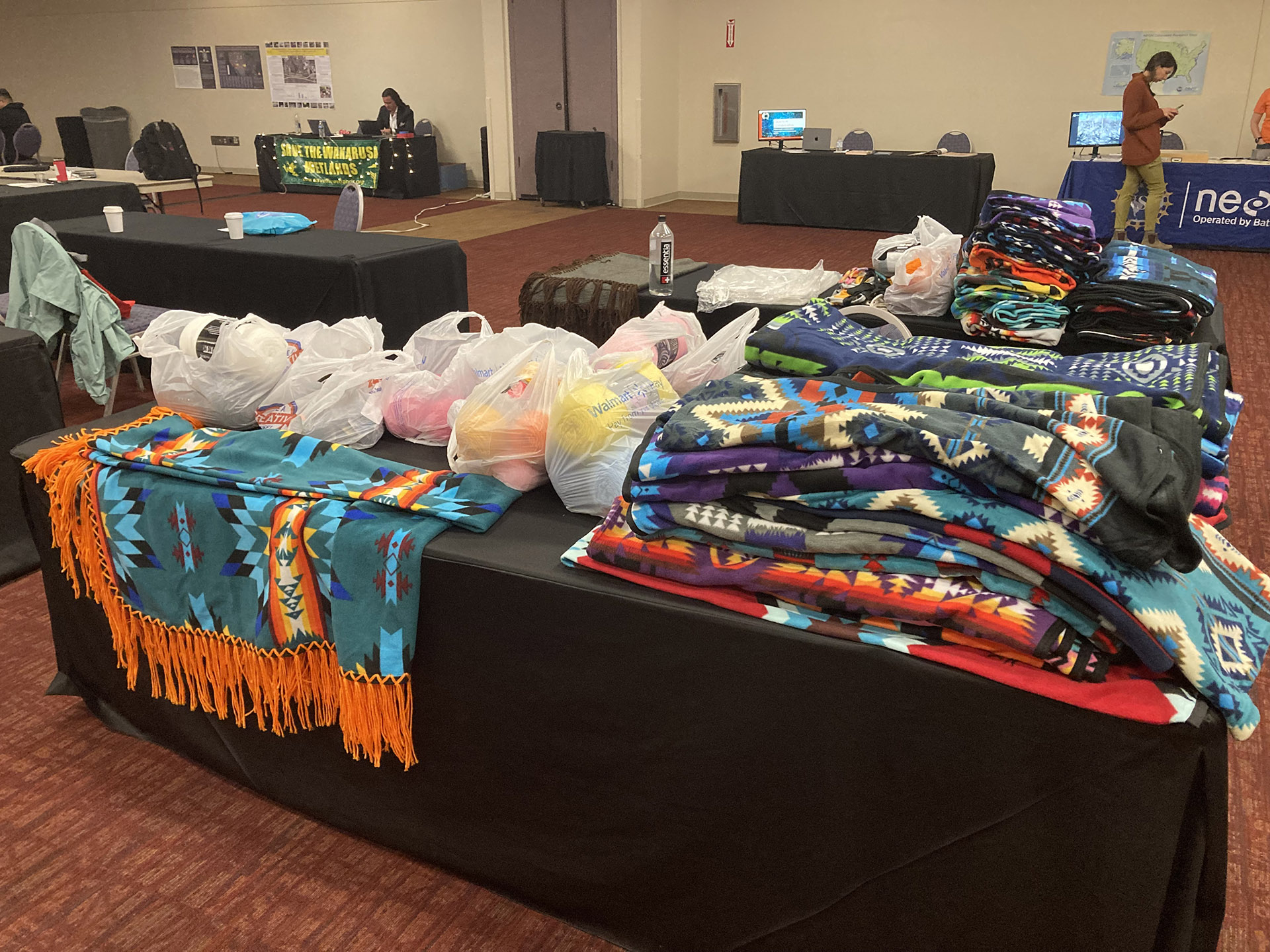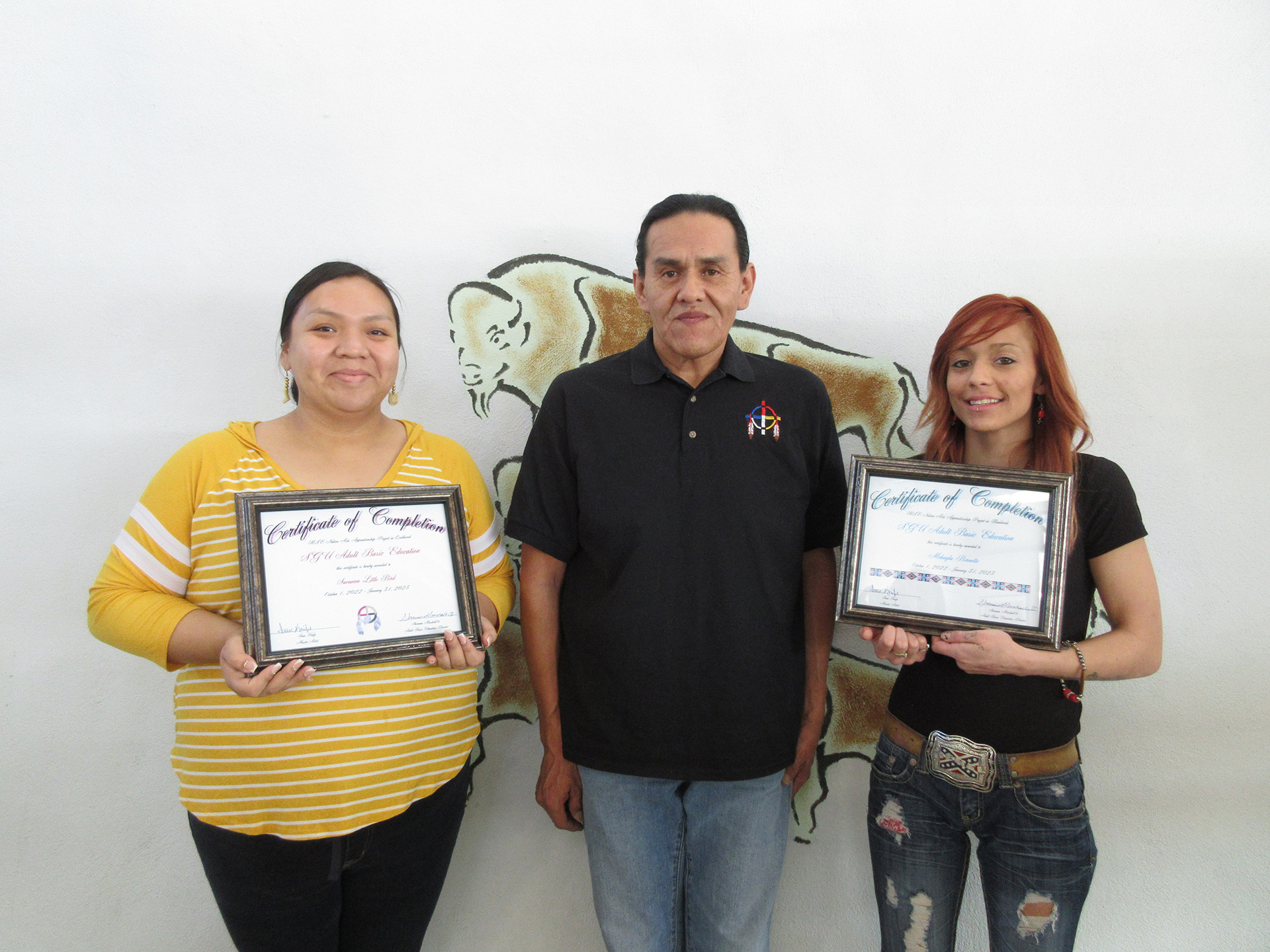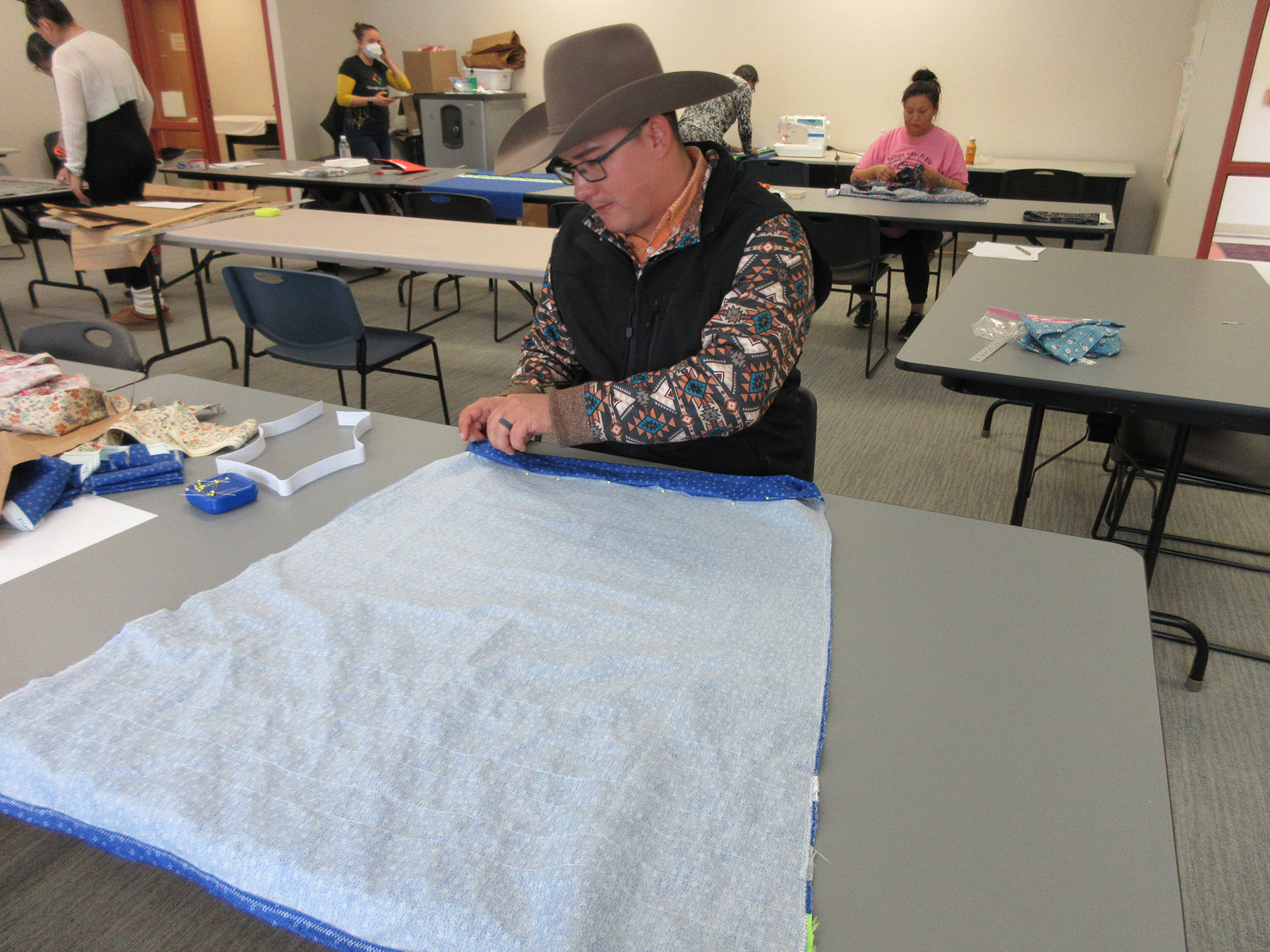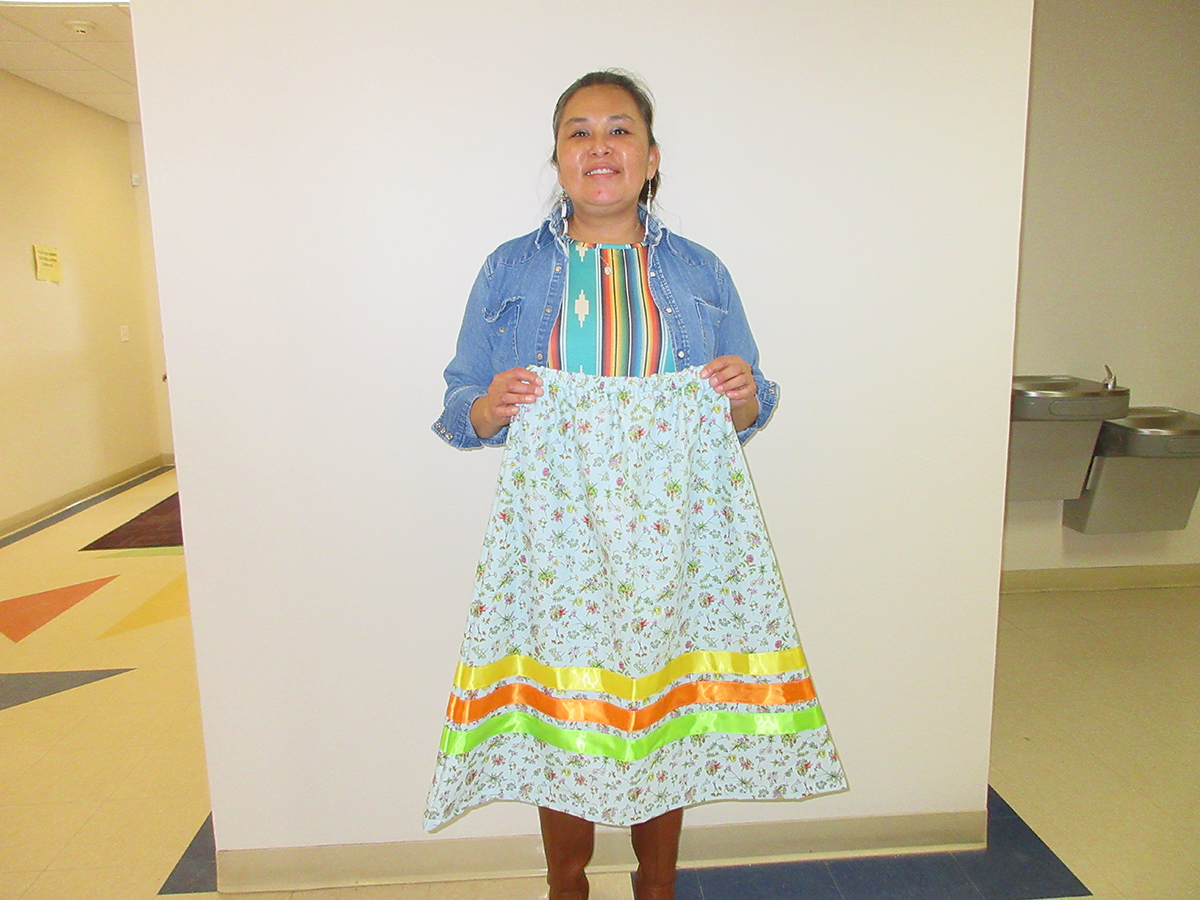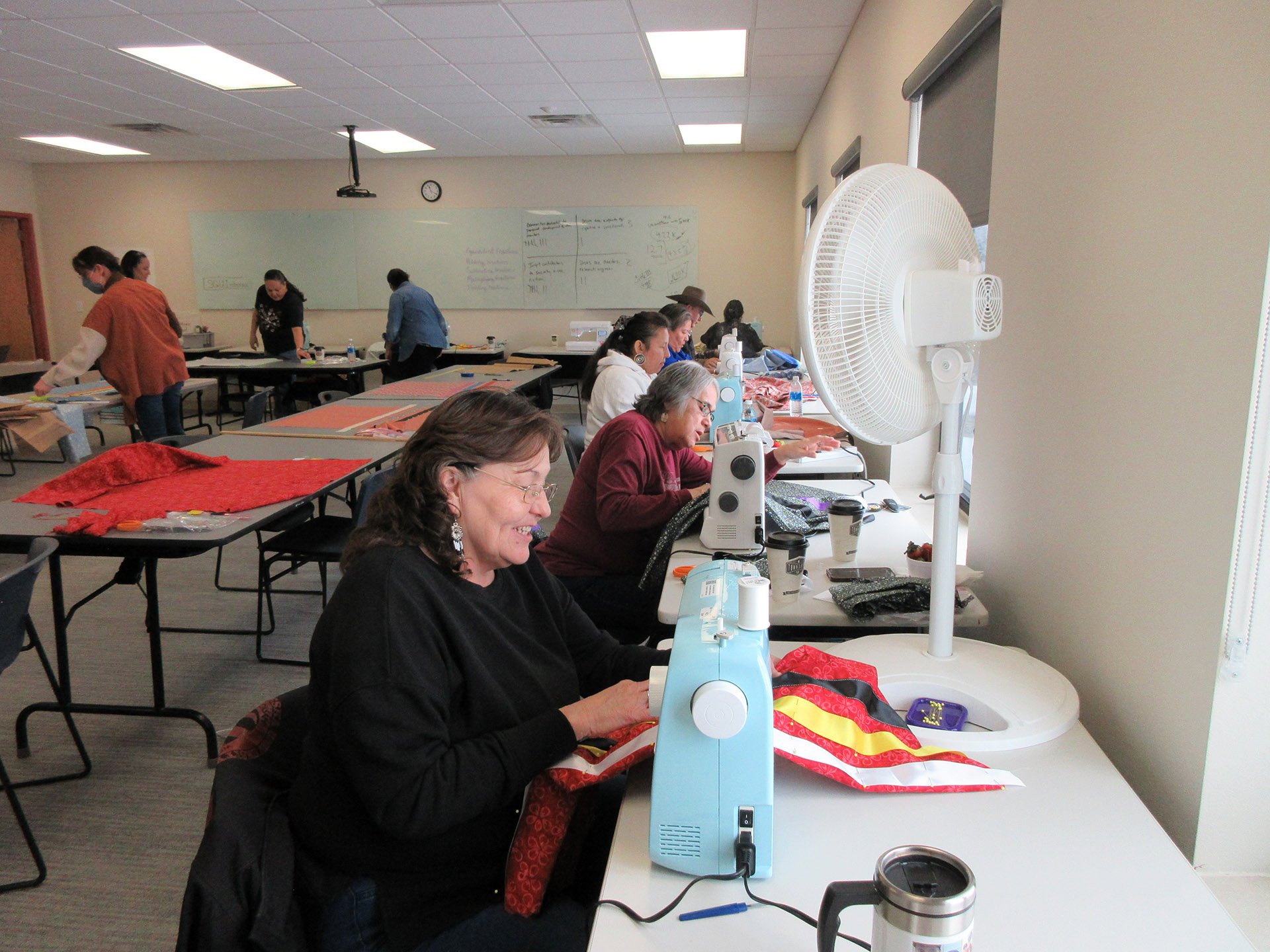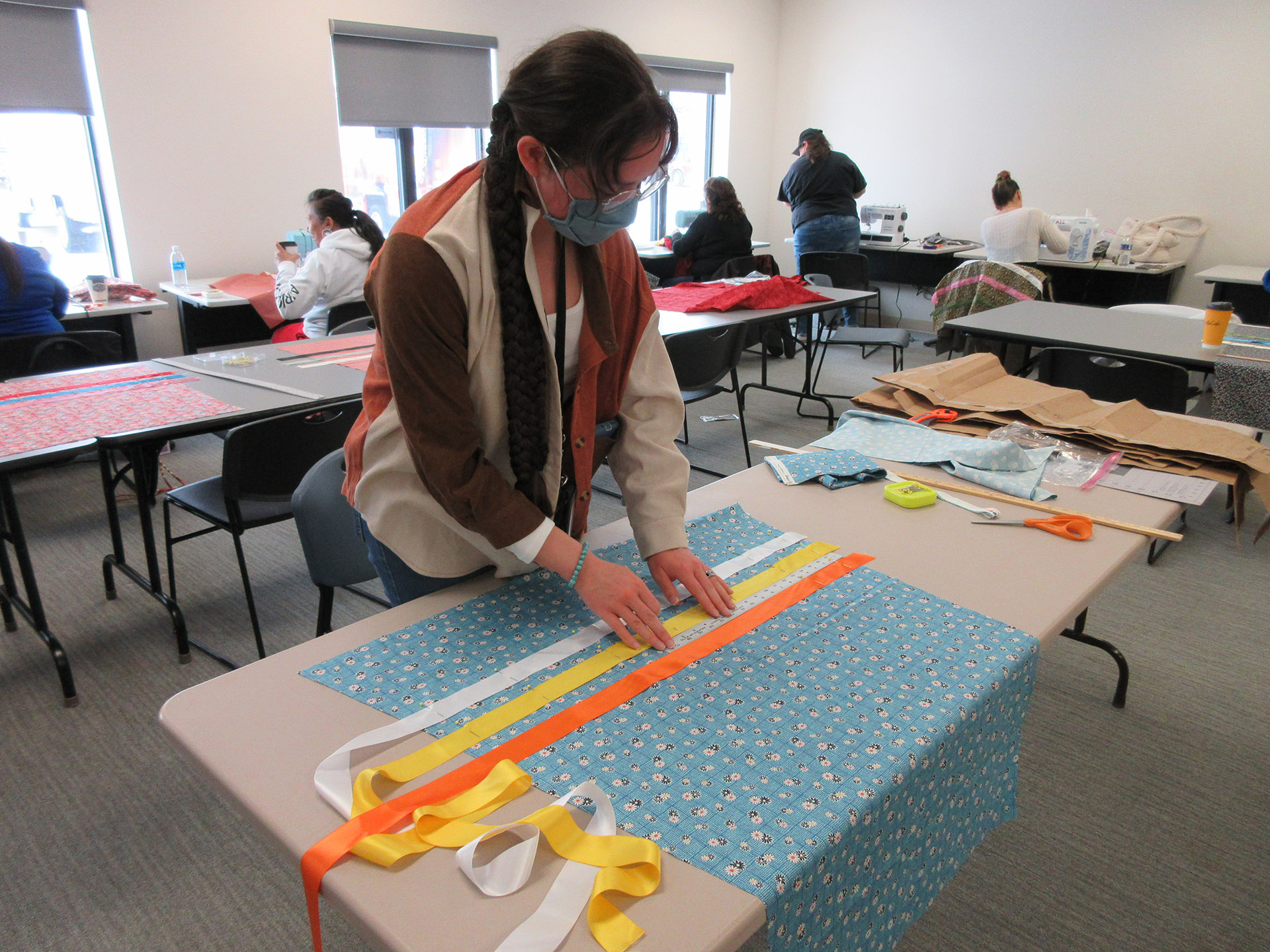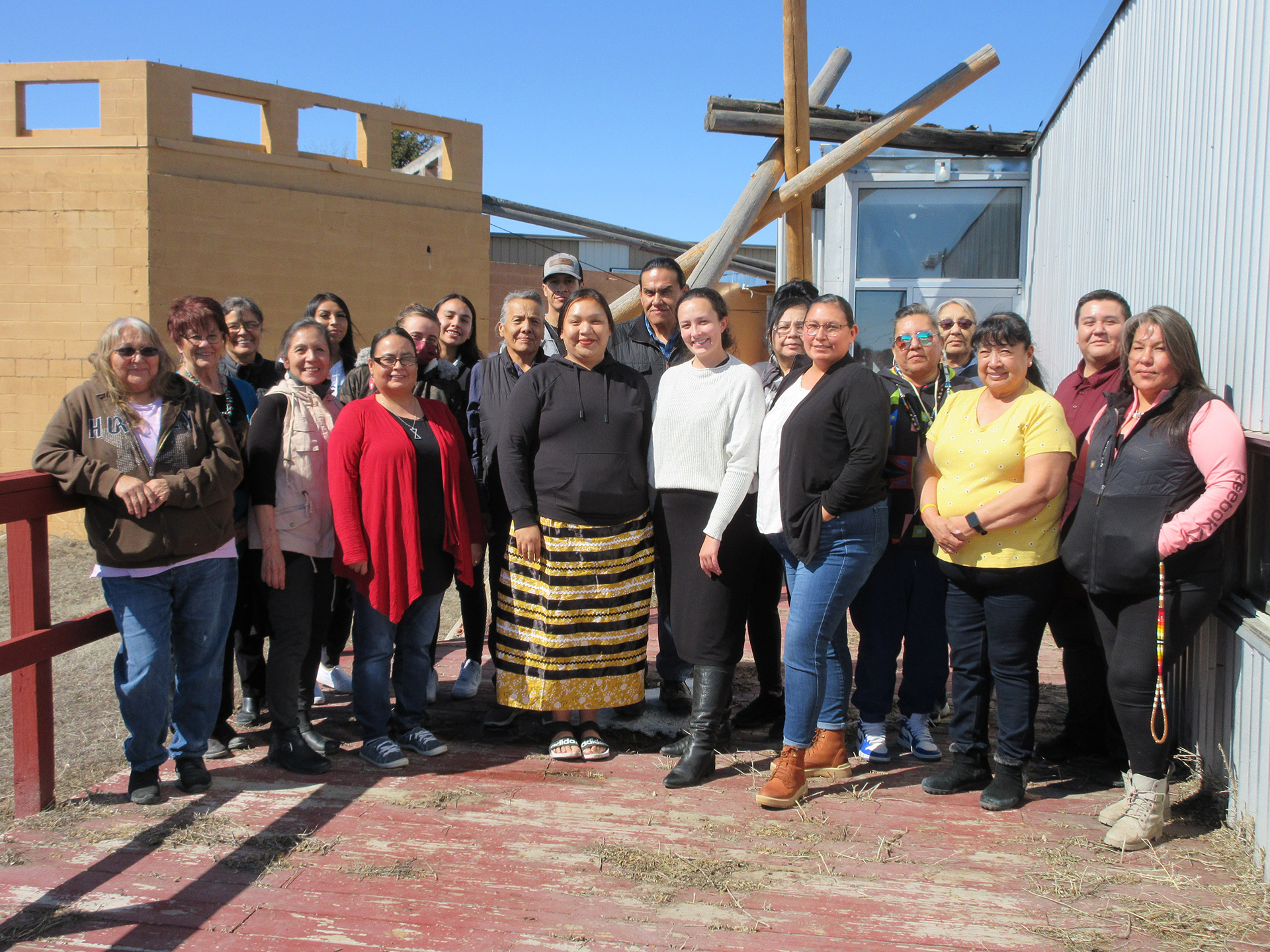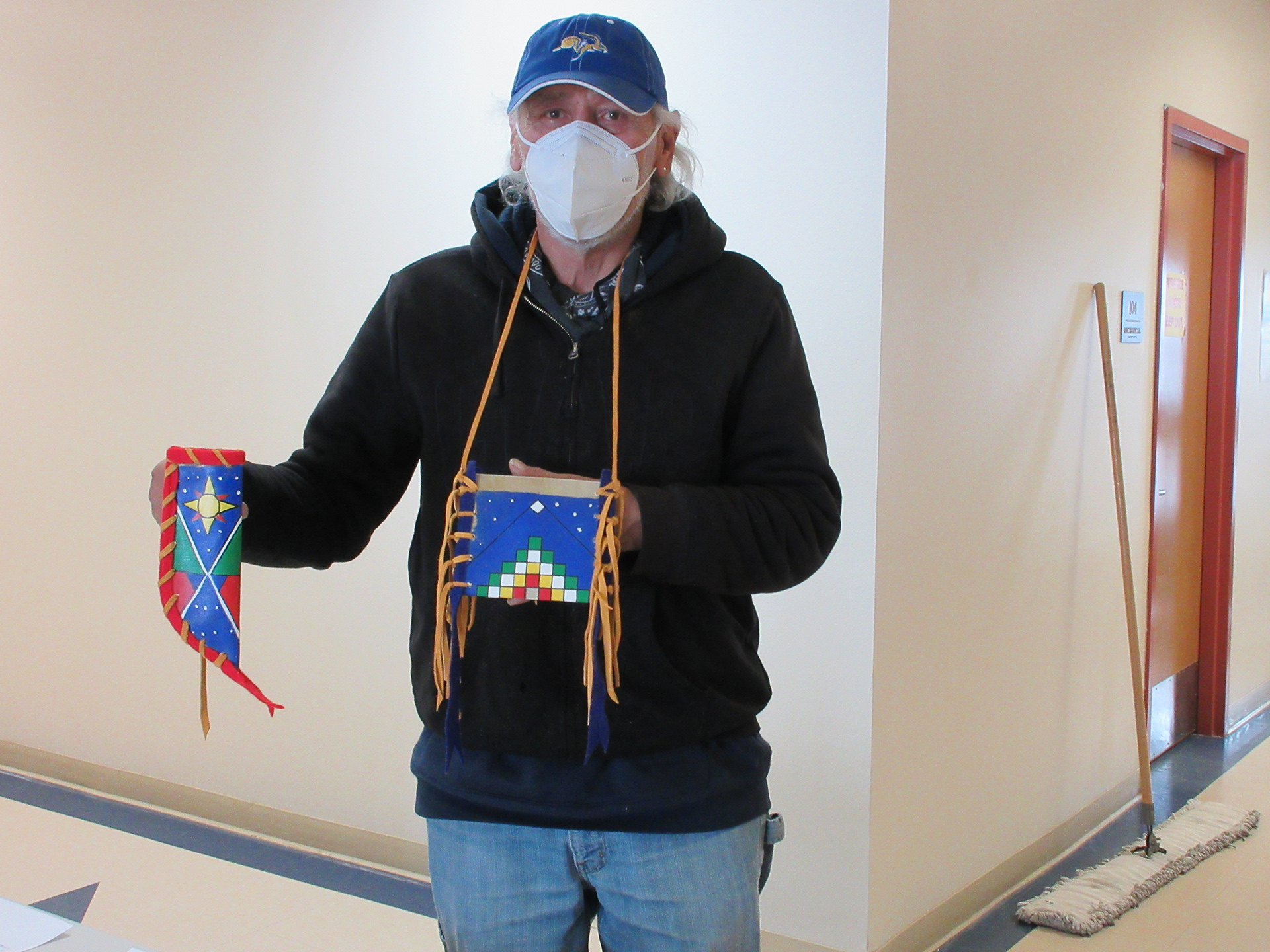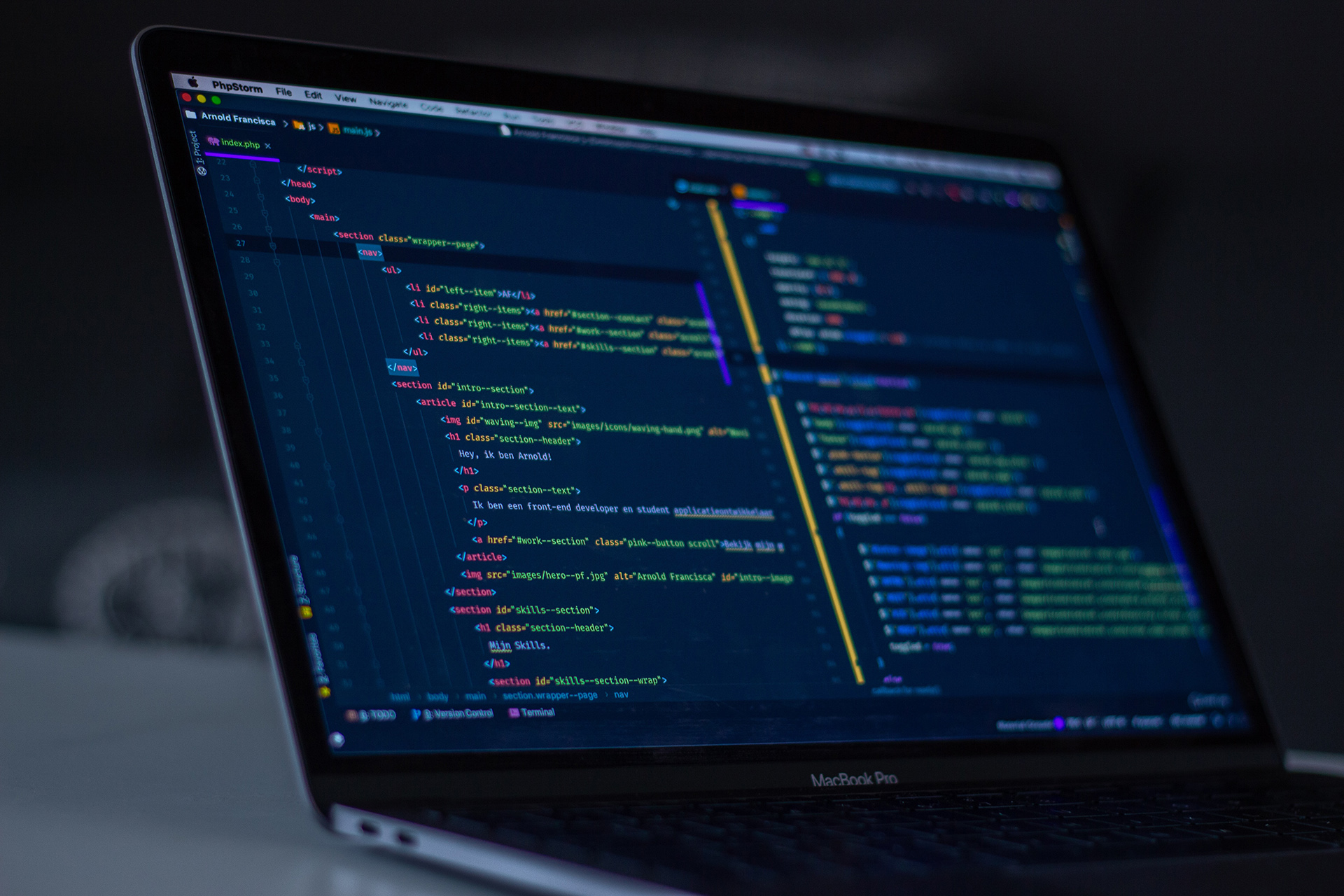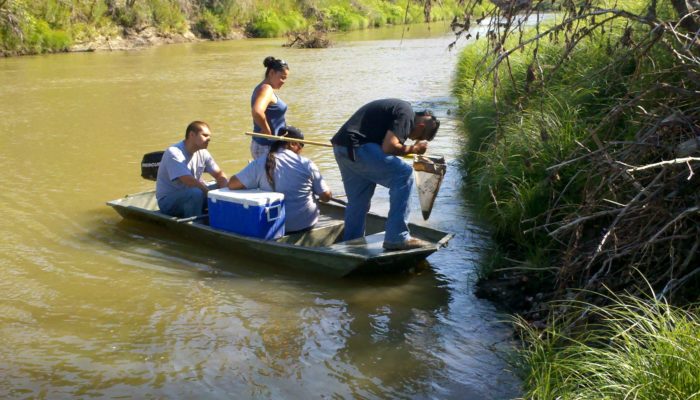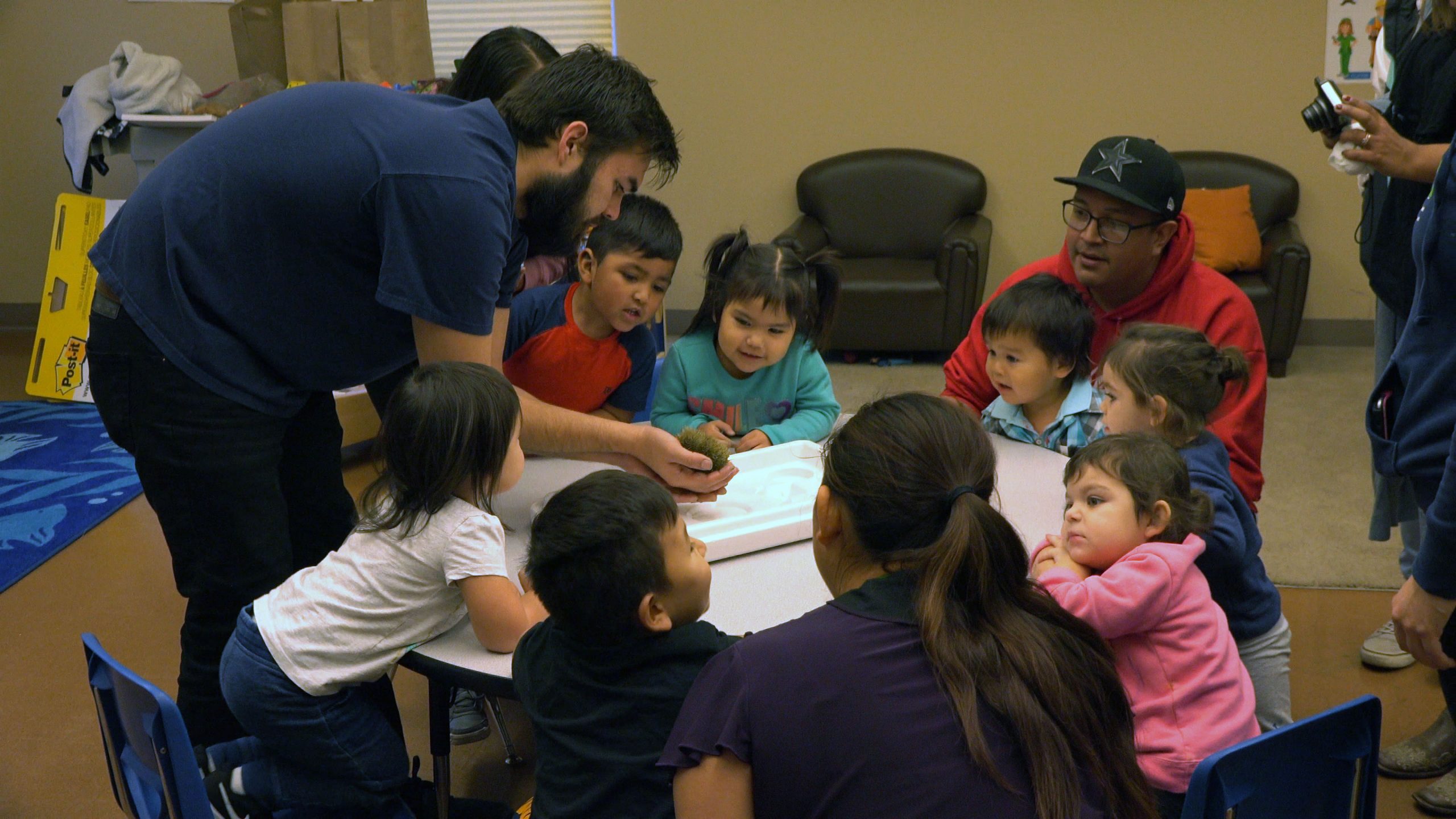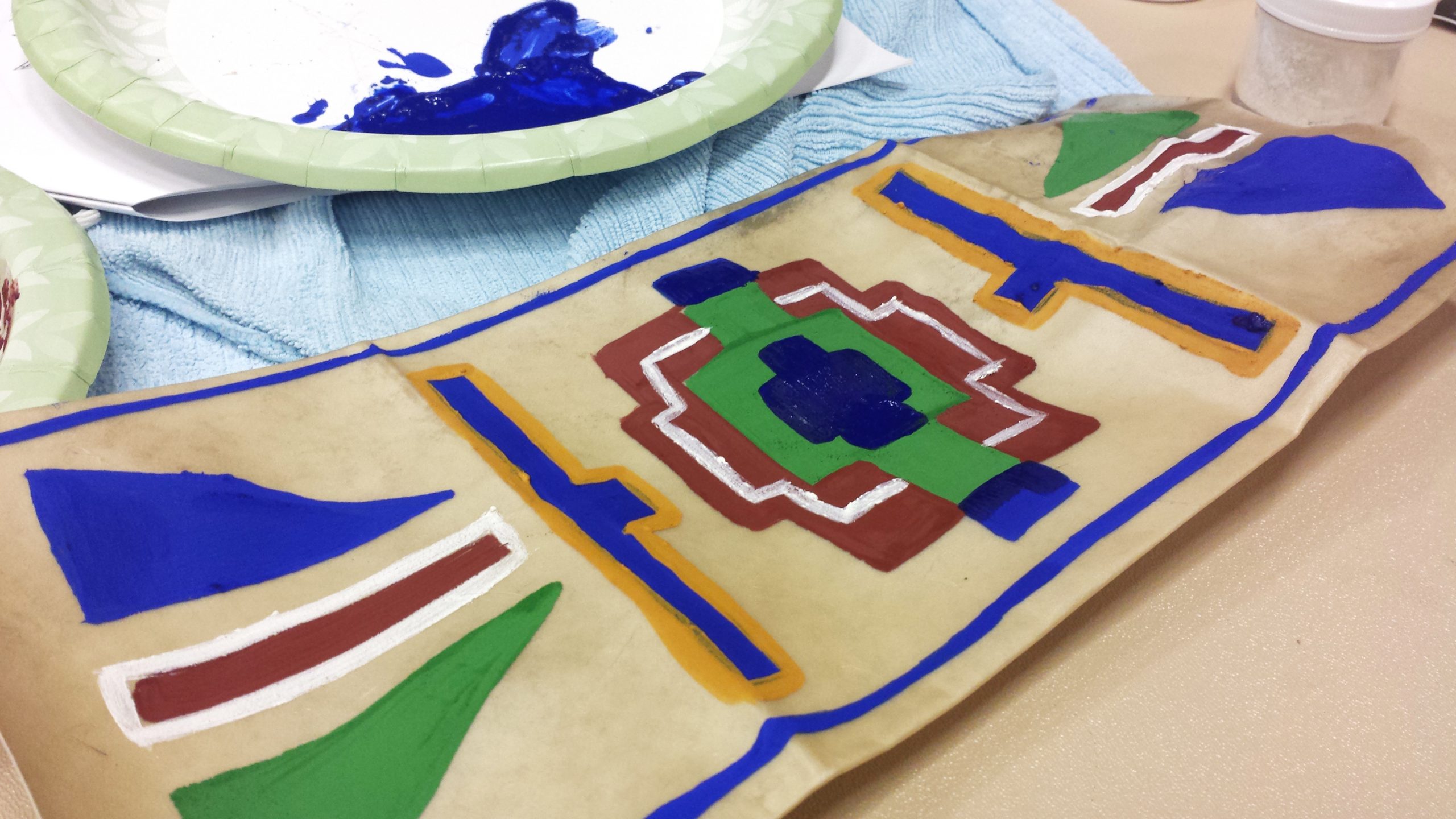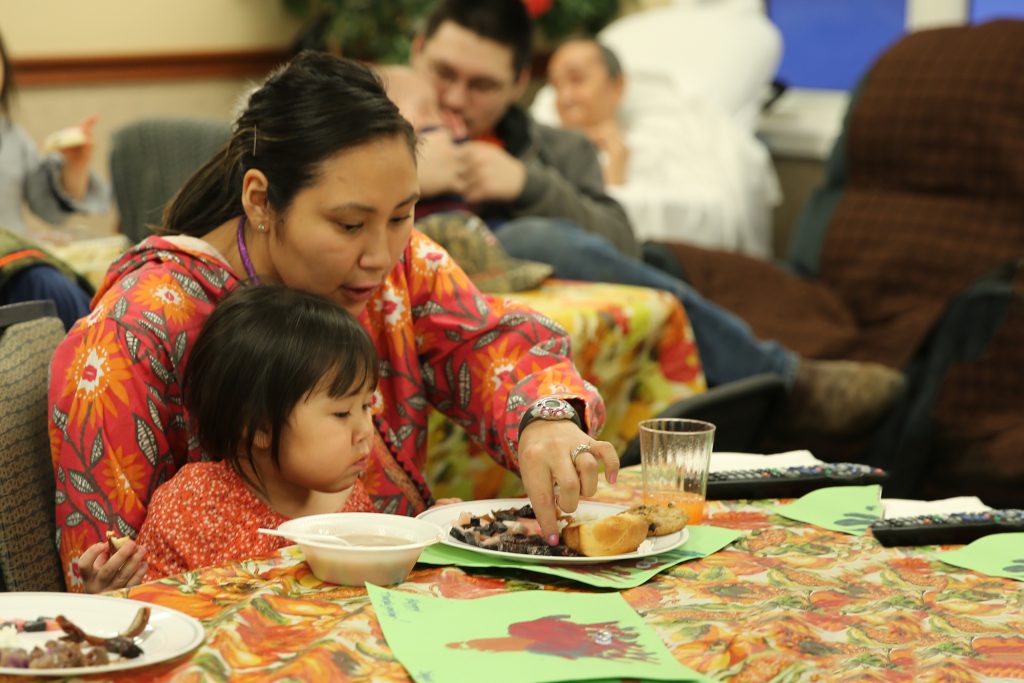High School Equivalency Community Building Grant in Native Arts
2022 – 2023
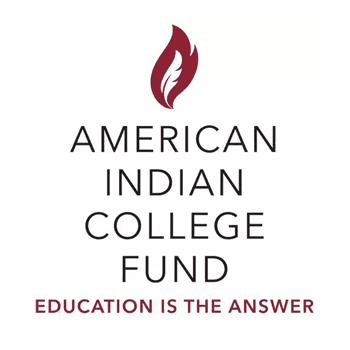
About The Program
The High School Equivalency Community Building Grant in Native Arts was a pilot program that supported TCU grantee partners to incorporate Native culture into their high school equivalency (HSE) programming through implementation of Native Arts community workshops hosted by their HSE programs and students. The purpose of the program was to encourage HSE student and alumni engagement in community building and support the transfer of intergenerational knowledge and skill.
Both grantee partners, Sinte Gleska University (SGU) and Southwestern Indian Polytechnic Institute (SIPI), implemented an apprenticeship approach in which interested HSE students apprenticed under community artists to cohost the workshops, while all HSE students and program staff were invited to be involved in the planning and hosting of the events. The leading community artists were either HSE alumni themselves or mentored the selected HSE student apprentices to teach the other students and community members.
SGU hosted workshops on their campus in beading and quillwork with support of the HSE apprentices and students, and also hosted several other workshops on making ribbon skirts, knife sheaths, stick horses, etc.
Beadwork apprentice McKayla Burnette shared, “I really enjoyed the whole experience. I have never done anything like it before. It made me see a side of myself I didn’t know was there… And I think everyone should at least try the workshops. You never know what talents you’re hiding.”
Quillwork apprentice Savanna Little Bird shared, “I will hold this experience near and dear to my heart. Quill is something that came natural to me. To have Ivan there was awesome. I can hardly wait to pass down my teachings.”
SIPI’s HSE student apprentices and staff held practice workshops on their campus for students and community members, then hosted their main shawl fringing workshop event at the 2023 AIHEC Student Conference. The workshop did not unfold as initially planned, but still had a tremendous turn out. It not only brought a hands-on activity into the conference space, with students and staff/faculty from across the TCU network participating, but more importantly, it was a steppingstone to bringing more visibility to HSE students at an institutional and national level.
These community engagement projects provided a framework for the future integration of Native arts and cultural events and programming into the TCUs’ HSE programs.

Grantees
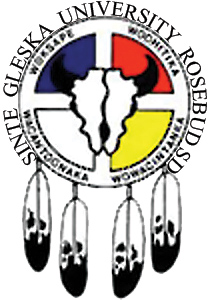
Sinte Gleska University
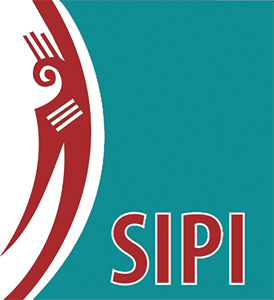
Southwestern Indian Polytechnic Institute
Related Blogs
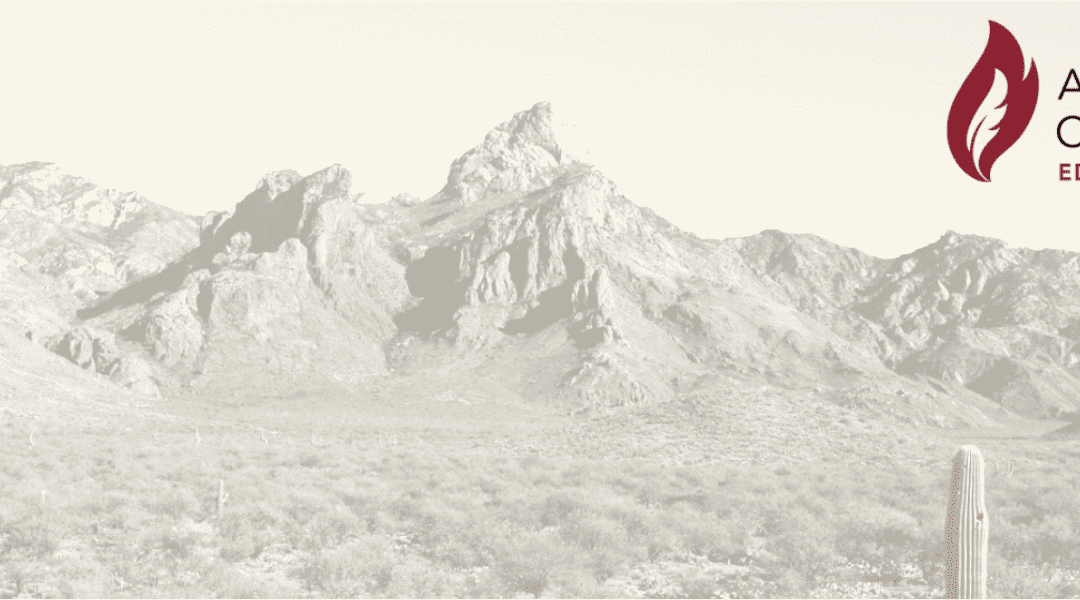
Tohono O’odham Community College Pre-College GED program
The Tohono O’odham Community College’s Pre-College GED Program has spent the past year and a half creating an efficient GED program suited for the realities their students face every day.
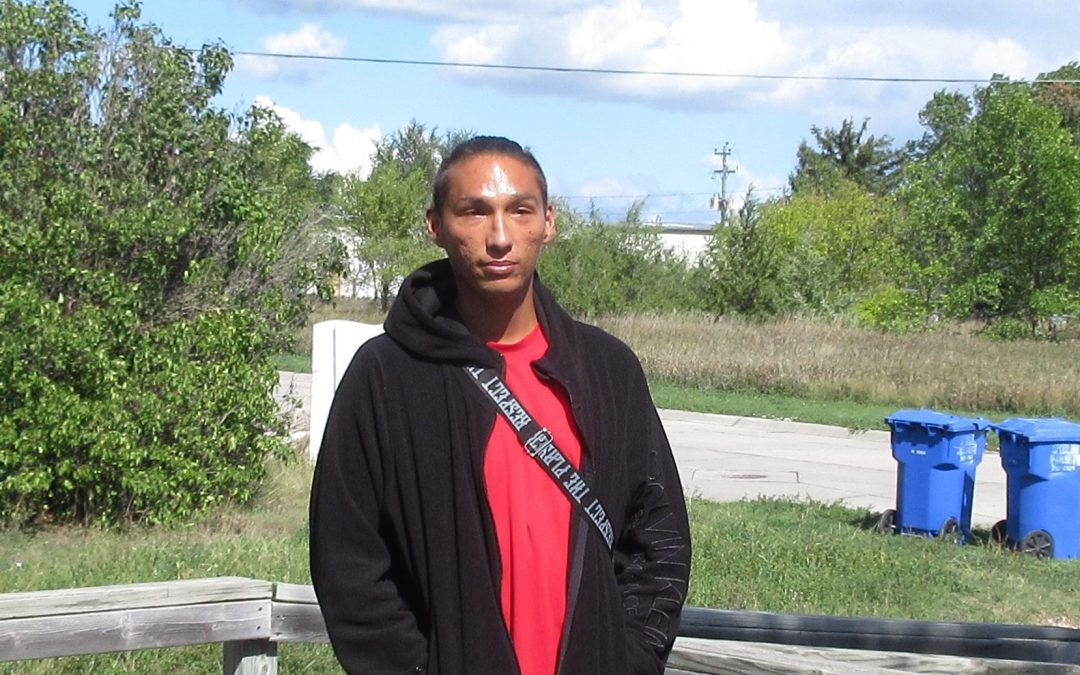
Sinte Gleska University GED Student Overcomes Obstacles One Step at a Time
Stallan Reifel earned his GED through Sinte Gleska University, while confronting obstacles like limited access to transportation to class.
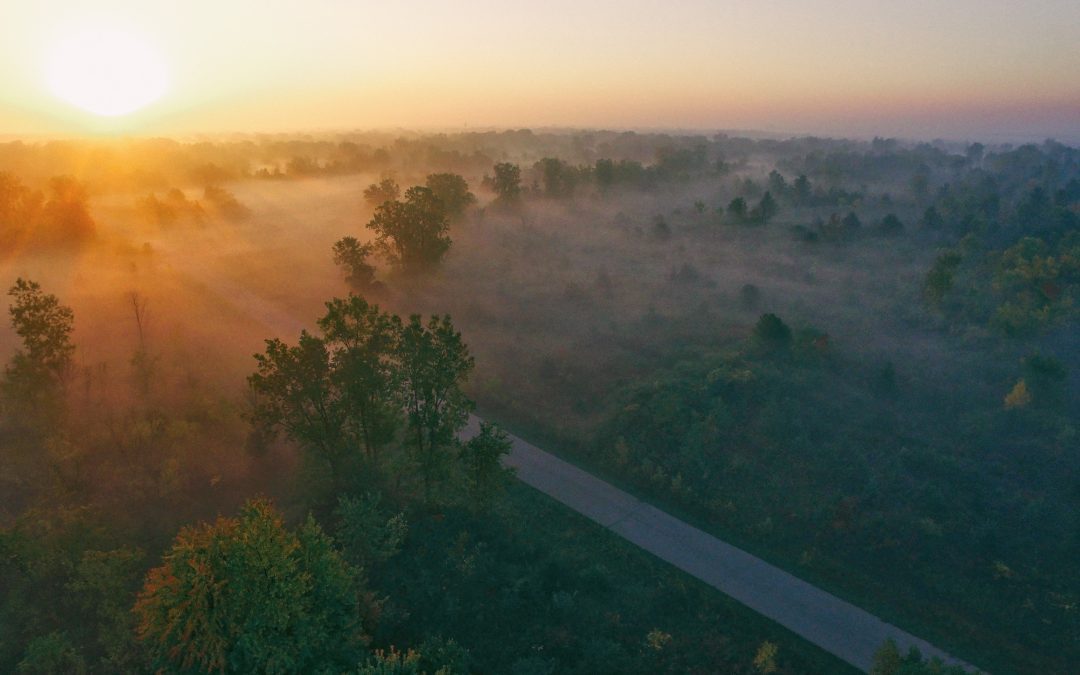
Saginaw Chippewa Tribal College GED Program and Student Highlight
Saginaw Chippewa Tribal College has a successful GED program, helping students like Joe succeed at their own pace.
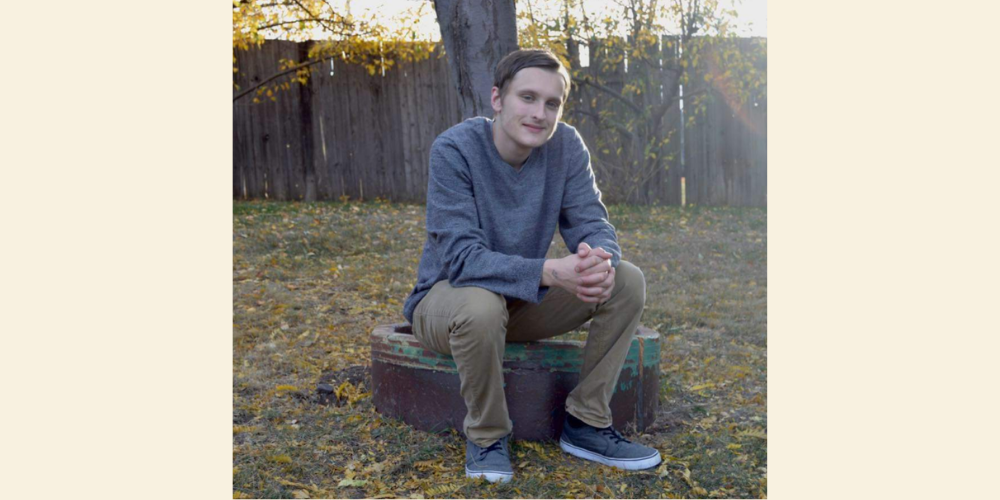
Learning From a Distance: Utilizing Online Resources in GED Programming
Oglala Lakota College utilizes online resources in its GED program, to provide ease of learning for students like Dawson Pearson.

